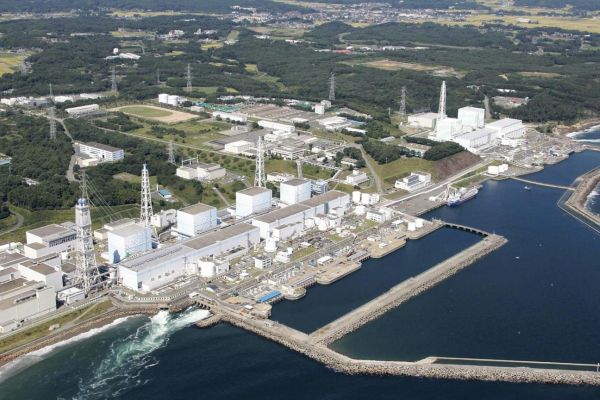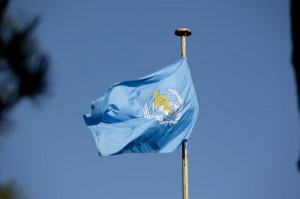It’s been more than two years since a devastating March 2011 earthquake and the resulting tsunami destroyed large parts of the Japanese coastline and prompted three reactors at the Fukushima Daiichi nuclear power plant to go into meltdown. Koichi Tani, Reconstruction Vice Minister and Masakatsu Okamoto, ministry director-general apologized to the country at a press conference this week after the policy chief of the Liberal Democratic Party, Sanae Takaichi called for a restart of nuclear reactors claiming that no one had died as a result of the meltdown in Fukushima.
a media firestorm erupted across Japan after many politicians from the affected areas as well as around Japan provided local government records that showed that tens of thousands of residents were evacuated from the area and there were as many as 1,000 deaths in the region as the meltdown triggered a number of health problems and suicide in the affect population.
In February, the World Health Organization released a report after a three month study that claimed that the meltdown might be responsible for a noticeable rise in cancer rates in the affected population though the UNSCEAR (UN Scientific Committee on the Effects on Atomic Radiation) report that was released after a year’s worth of study claims that radiation exposure had been sharply reduced as people living within 12-mile radius of the plant had been promptly evacuated following the meltdown.
Experts also claim that new cases of cancer that are emerging within just two years of the accident cannot be linked to the radiation exposure from the meltdown in Fukushima and that the cases that are being reported right now could simply not be linked to the accident. Georgia Regents University’s clinical professor of emergency medicine Cham E. Dallas claims that radioiodine exposure levels recorded at Fukushima were not enough for people to get thyroid cancers or other cancers if the kind of exposure and spike in cancer cases seen after the Chernobyl meltdown are taken as a reference point.
That being said, Ms. Takaichi’s comments have been seen across Japan as a mark of the kind of insensitivity that most politicians possess to the plight of those that have lost their lives as a result of the forced relocation, the emotional impact and the non-cancerous health problems that people in the region. The apology too is being seen as a way for the ruling government to save face and distance itself from the remarks of Ms. Takaichi.





